Addressing Military Children’s Mental Health
Children’s Research Triangle and Military Children’s Mental Health
The mental health crisis in America is hitting startling and unprecedented levels. A recent study by the Centers for Disease Control and Prevention indicates that children have reported struggling with their mental health, including feelings of hopelessness and sadness, among other issues.
The survey, which is conducted every two years, has shown increases in mental health problems with every report since 2011.
These issues can be especially difficult for children in military or veteran families. In many cases, high-quality mental health care is simply inaccessible to these families. One study of TRICARE beneficiaries shows that up to 35 percent of military families lack adequate access to psychiatric care despite having insurance that covers mental health treatment.
Further, veterans and veteran families who responded to the Blue Star Families’ 2021 lifestyle survey indicate that time away from family, which has been linked to behavioral issues in children, is a top issue.
The Bob Woodruff Foundation invests in programs that increase access to high-quality, evidence-based mental health care for veterans and their families. We recently spoke about these issues with Stefanie Ward, the therapy director of the Children’s Research Triangle, a Fall 2022 Bob Woodruff Foundation Grant recipient.
What is the Children’s Research Triangle?
Children’s Research Triangle (CRT) researchers and therapists address the gap in military children’s mental health services through direct, no-cost services to families in partnership with the Forest Park and Evanston Vet Centers in Chicago, Illinois.
“All of our therapy services are either grant-funded or funded through contracts with the state, so they’re at no cost to the client,” explains Ward.
By encouraging family bonds and healthy communication, CRT helps address the acute needs of each child and family. Veterans may be caught in their own trauma, including active post-traumatic stress disorder (PTSD) symptoms, from their service and can simply not be the parents they want to be.
Ward offers an example: “There are veterans that experienced sexual trauma in the military… When they come home, they struggle to be present with affection, attunement, and attachment with their children.”
These stressors can extend to children. While they may otherwise be healthy and resilient, these kids face their own struggles, including greater risk for adverse psychosocial outcomes, such as substance use, anger, physical and nonphysical violence, depressive symptoms, and suicidal ideation. Frequent moves, deployments, financial and housing instability, and food shortages all contribute to the heightened risk factors for children of veterans.
Connecting Veteran Families with Mental Health Care
Vet Centers are often not equipped to provide direct mental health care to children. CRT coordinates with the Vet Centers to provide parenting therapy and mental health treatment, and psychoeducation for veteran families.
CRT is using funding from the Bob Woodruff Foundation to strengthen its relationship with the Evanston and Forest Park Vet Centers, including placing CRT therapists on-site at the Vet Centers to enhance support.
By complementing the services available through the Vet Centers’ clinical teams, CRT can work closely with them to make parent-child therapy services seamless and coordinate the appropriate care.
The funding will also help CRT provide more community training, including one-on-one therapy for secondary stress reactions, commonly referred to as compassion fatigue, which can develop from the psychological impact of helping others and, separately, burnout.
The Future Military Children’s Mental Health
The tide is changing in favor of stemming the mental health crisis. The federal government launched a strategy to strengthen mental health system capacity, connecting patients to care, and creating healthy environments by:
- Implementing evidence-based mental health programs and tracking the results
- Building solid partnerships with youth-focused organizations and schools to expand referral services
- Working to resolve the barriers that prevent children from getting care, including time constraints and transportation issues
- Investing in telehealth programs can help fill gaps in geographic access to healthcare
- Reducing discrimination, prejudice, and stigma against people with mental illnesses
This plan also includes options to improve veterans’ access to same-day mental health care. Reducing barriers to care is imperative to quickly addressing mental health crises.
Further, the American Rescue Plan allocated significant funding for state and local mental health and substance use services and expanding services and care to veterans and their families.
Veterans Crisis Line
Find support anytime, day or night.
For 24/7, confidential crisis support for veterans and their loved ones, call:
- Dial 988, then Press 1
- Text 838255
- If you have hearing loss, call TTY at 800-799-4889
You do not need to be enrolled in VA benefits or health care to call.









